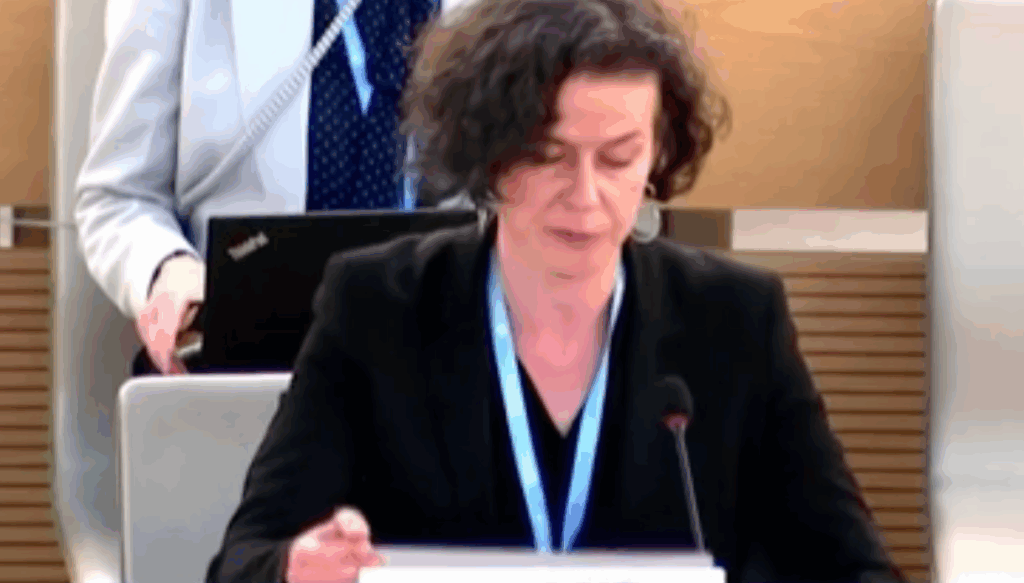World Health Assembly Moves to Ban Digital Marketing of Breastmilk Substitutes

GENEVA - The World Health Assembly has adopted a resolution aimed at banning the digital marketing of breastmilk substitutes, marking a major victory for advocates who have long sought to restrict the industry's practices.
The measure was approved by member states on Monday, with Brazil and Mexico leading the push for action. The WHO will now provide technical support to countries seeking to implement new regulations, while also compiling lessons learned from previous attempts.
"We can finally say we're pushing back against those promoting breastmilk substitutes," said WHO Director-General Dr Tedros Adhanom Ghebreyesus. "This resolution takes a significant step towards protecting breastfeeding and preventing the commercialization of this essential human right."
The move follows years of lobbying by advocates, who argue that digital marketing tactics - including targeted social media advertising - disproportionately target vulnerable mothers in developing countries.
According to a 2019 study conducted across six countries, 13.4 million babies were born preterm annually, with many more at risk due to inadequate access to breastmilk substitutes. The industry rakes in an estimated $70.6 billion annually, fueling a multi-billion-dollar marketing machine that often exploits mothers' desperation.
To curb the practice, the WHO has set its sights on developing artificial intelligence tools that can help identify violations of national laws related to breastmilk substitute regulation.
In addition to addressing digital marketing, the assembly also passed resolutions aimed at improving overall maternal and child health. However, a major priority revolved around sexual and reproductive rights - with several countries stressing the need for access to safe abortion and comprehensive education services.
Poland represented the European Union in highlighting the importance of these basic human rights. "We reaffirm our commitment to promoting the right of every individual to freely decide on matters related to their sexuality and reproductive health," Poland stated.
Finland echoed this sentiment, pushing for women's right to safe abortion as a critical aspect of broader sexual and reproductive health initiatives.
The consensus within the committee session was striking - none of the countries representing interest in these issues expressed opposition to the proposed resolutions. As such, the event marked a momentous achievement for those advocating on behalf of mothers, particularly those operating under inadequate economic conditions.
Related Stories
UN Allocates $15b To Global Health Crisis Solutions By 2030 UN Calls On Nations To Step Up Maternal Mortality Reduction
[Get in touch with the Author: [Name] - [Email]]
